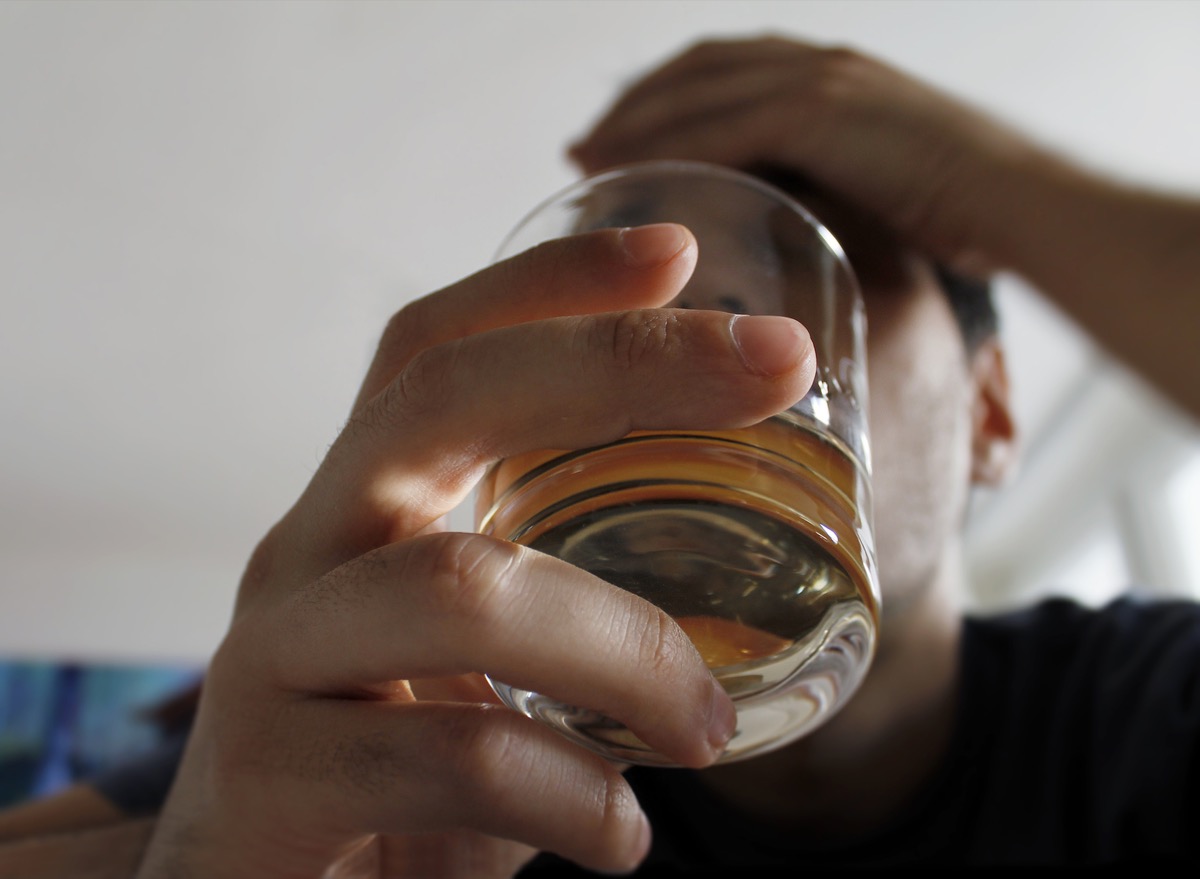The new report, called Sleep and Mental Health Amidst the 2020 Coronavirus Pandemic, looked at global sleep patterns, behaviors, and mental health issues related to the early months of the pandemic, pulling data from a smartphone app called Sleep Cycle. The researchers analyzed 33 million nights of users’ sleep between January and May 2020, tracking their sleep quality. In June, the researchers followed up with over 69,000 Sleep Cycle users in 22 countries who participated in a survey designed to learn more about how changes in daily routine, mental health, and worries related to the pandemic have affected our sleep. To determine what exactly is keeping people up at night, the researchers looked at the respondents’ sleep latency, which is the time it takes to fall asleep after you go to bed. In conjunction with Rebecca Robbins, PhD, postdoctoral fellow at Brigham and Women’s Hospital and Harvard Medical School, the researchers identified the following as the top seven reasons people can’t fall asleep at night. And if you’re desperate for a good night’s sleep, check out 20 Life-Changing Tips for People Who Are Desperate for a Full Night’s Sleep. Among the Sleep Cycle report’s respondents, 44.6 percent said that “too much alcohol” was the reason they struggled to fall asleep amid the pandemic. Previous research has shown that though many Americans use alcohol as a sedative, it actually leads to a worse night of sleep. For more on this, check out Here’s Why Alcohol Wakes You Up in the Middle of the Night. Future historians will certainly mark 2020 as a historic year, but for those living through it in real-time, keeping up with the news can become an unhealthy addiction: 46.4 percent of all respondents in the Sleep Cycle survey admitted that their news consumption was keeping them awake. However, watching or reading too much news was stressing out the study’s youngest demographic—those aged between 18 and 44—the most. And for more up-to-date information, sign up for our daily newsletter. It should come as no surprise that the fear of becoming sick or having a loved one get sick is giving a lot of people anxiety and preventing them from sleeping. Nearly half of all respondents taking a long time to fall sleep—46.4 percent—said that getting sick was keeping them up. In fact, those who had this fear were 1.4 times more likely to report having difficulty falling asleep than those who didn’t. It was particularly on the minds of people 35 and older, who listed a fear of getting sick among their top three worries. And if you think you may have COVID symptoms, check out These Are the 51 Most Common COVID Symptoms You Could Have. With global economies halted and unemployment rates hitting record highs due to the coronavirus pandemic, it’s no surprise that people are stressed about money, which was the fourth biggest reason people couldn’t sleep in the report. About half of all respondents—49.8 percent—said financial stress was behind their insomnia. Specifically, concerns over finances were keeping most working-age people up at night, as respondents between 25 and 44 years old ranked “I’m worried about my job and/or personal finances” as their primary stress factor. People aged 45-64 ranked it among their top three worries. Unsurprisingly, the report notes, “those who lost their job were at a much greater risk for sleep difficulty.” And if that’s you, check out If You’re Unemployed in One of These States, Expect an Extra $300 Soon. According to the Sleep Cycle report, 53.4 percent of survey respondents blamed technology for their inability to sleep soundly. If consuming too much technology feels like a familiar problem for you, learn how to Cut Back on Your Screen Time Right Now With These Expert-Backed Tips.ae0fcc31ae342fd3a1346ebb1f342fcb Just over 54 percent of all respondents said that feeling lonely was the primary reason for their sleep latency. Among the youngest demographic surveyed, those between 18 and 24 years of age, 38 percent said they experienced loneliness, while just over 1 percent of respondents 65 and older said that feeling lonely was keeping them awake at night. And for more on how loneliness can affect you, check out 15 Subtle Signs Your Loneliness Is Hurting Your Health. Unsurprisingly, the biggest issue among those who couldn’t sleep amid COVID-19 was too much caffeine, with 54.5 percent of those who struggled to fall asleep citing this issue. If you want to avoid this problem, cut off your caffeine intake at least four hours before your bedtime, according to the National Sleep Foundation. And if you’re looking for a pick-me up without the cup of joe, check out 25 Ways to Boost Your Energy Level Without Coffee.

